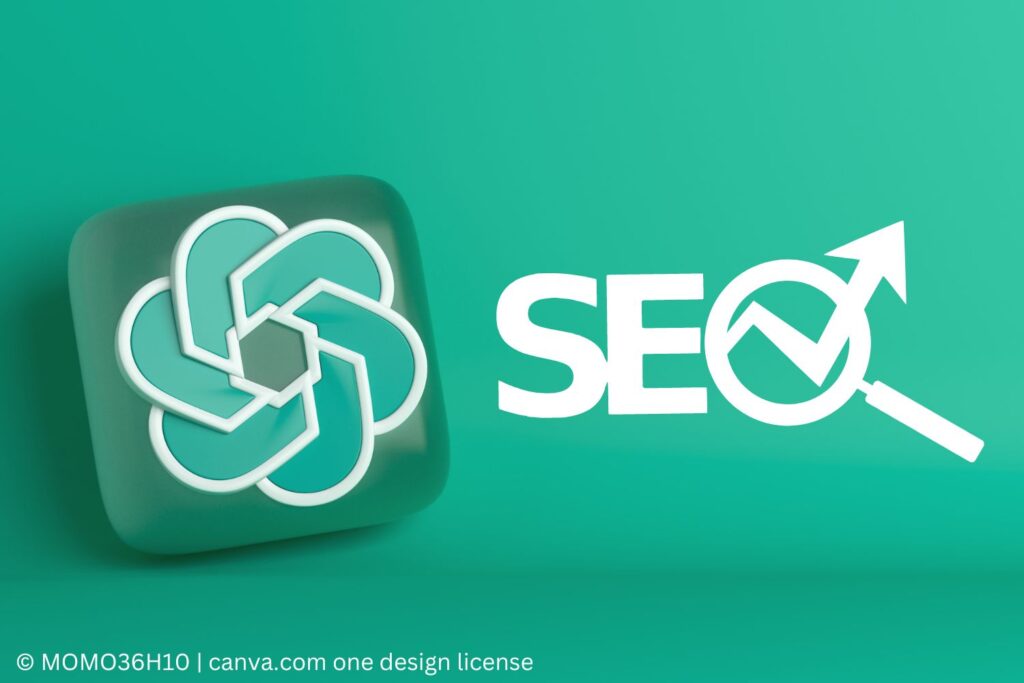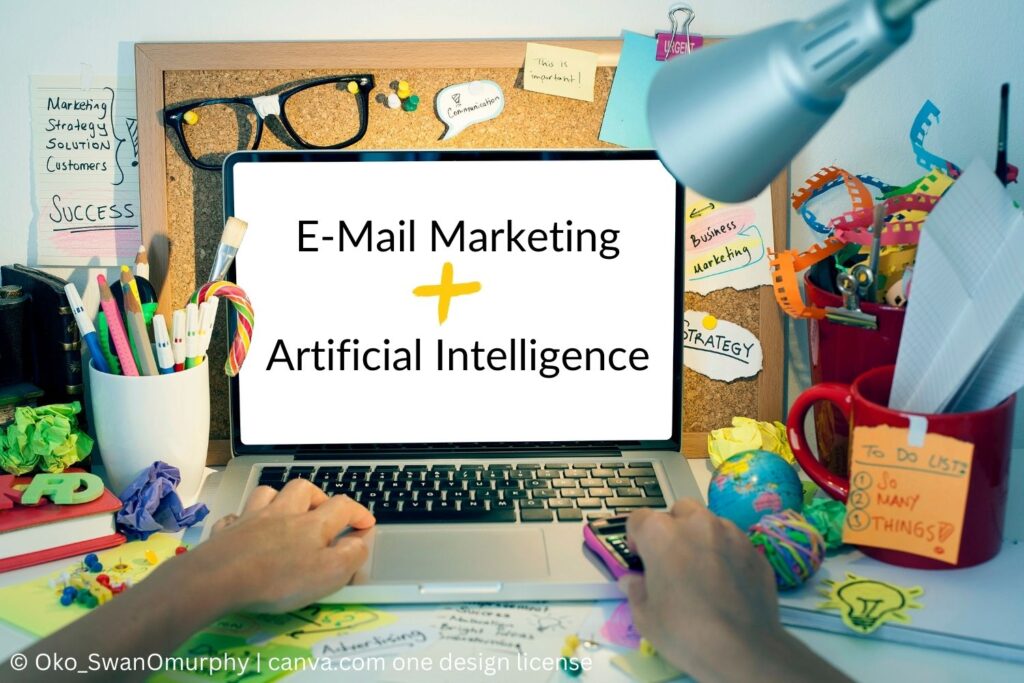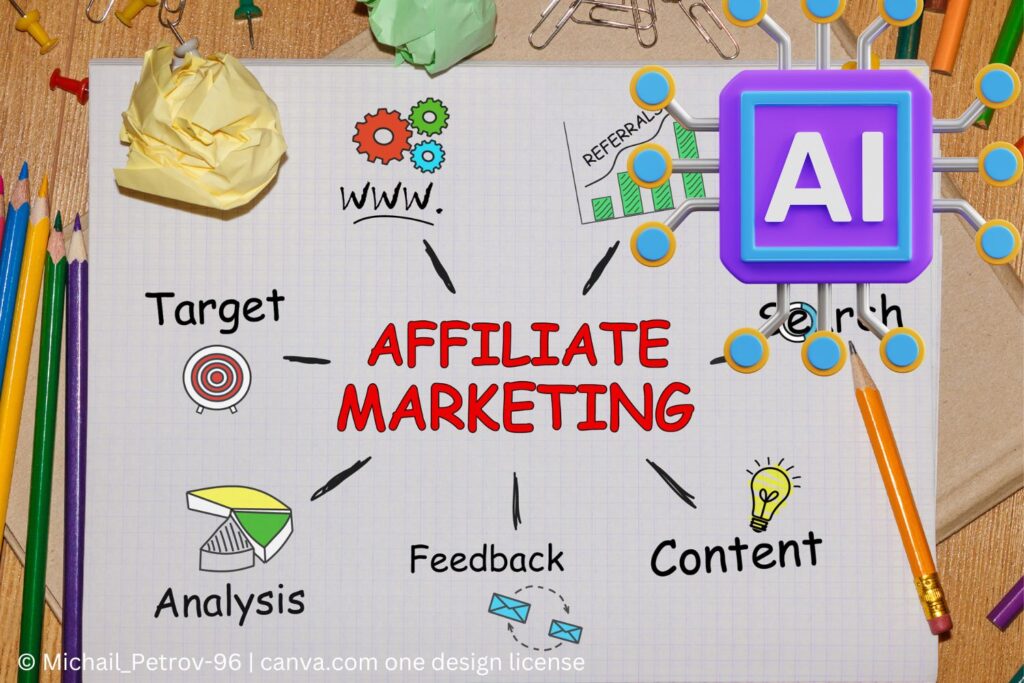Understanding the Impact of AI on SEO Rankings
By automating complex data analysis, AI is transforming the way SEO practitioners approach optimization. Unlike traditional search algorithms, AI-based systems can process vast amounts of data and provide insights that are tailored to a site’s specific needs. With AI, you can optimize your website for the users, making it more user-friendly, and therefore, more attractive to search engines. AI can also help you create content that’s better optimized for the search engines, leading to higher rankings and improved visibility for your site.
One of the most significant benefits of AI in SEO is its ability to analyze user intent. With traditional SEO, practitioners would rely on keyword research to determine what users were searching for. However, AI-powered systems can analyze user behavior and provide insights into what users are looking for when they perform a search. This allows SEO practitioners to create content that is more relevant and useful to users, which can lead to higher rankings and increased visibility for their site.
Another way that AI is impacting SEO is through the use of natural language processing (NLP). NLP allows AI-powered systems to understand the meaning behind the words that users type into a search engine. This means that search engines can provide more accurate results that are better suited to the user’s needs. As a result, websites that create content that is optimized for NLP can see an increase in their rankings and visibility.
AI is also changing the way that SEO practitioners approach link building. With traditional SEO, link building was often a manual process that involved outreach and relationship building. However, AI-powered systems can now analyze the link profiles of top-ranking websites and provide insights into what types of links are most valuable. This allows SEO practitioners to create a more targeted and effective link building strategy that can lead to higher rankings and increased visibility for their site.
In conclusion, AI is transforming the way that SEO practitioners approach optimization. With its ability to analyze user intent, understand natural language, and provide insights into link building, AI-powered systems are becoming an essential component of SEO. As search engines continue to evolve, it’s likely that AI will play an even more significant role in determining search engine rankings and visibility.
Applying Artificial Intelligence to Optimize SEO
Incorporating AI into your SEO strategy can yield substantial benefits when done correctly. With the help of AI, you can improve your website’s ranking, increase your organic traffic, and ultimately boost your business’s growth.
Let’s dive deeper into the various ways AI can help you optimize your SEO strategy:
- Keyword Research and Analysis:
- On-Page SEO:
- Link Building and Backlink Analysis:
- Advanced SEO Analytics:
By incorporating AI into your SEO strategy, you can stay ahead of the competition and improve your website’s ranking and traffic. However, it’s crucial to use AI-powered tools wisely and not solely rely on them. Remember, SEO is a continuous process, and you need to keep optimizing your website regularly to stay ahead in the game.
Potential benefits and challenges that may arise from increased use of AI in SEO
While the increased use of AI-powered systems in SEO brings immense benefits; including improved user-experience, better ranking, and increased traffic, there are also new considerations to keep in mind:
- Potential benefits:
- AI improves website performance by analyzing high-volume data quickly.
- It assists in identifying trends and insights that traditional SEO strategies can’t detect.
- AI-powered systems provide better user experiences, which, in turn, lead to an increase in website rankings.
- Challenges:
- AI requires significant technical expertise to understand and use. Integration can be complex and expensive.
- AI is not designed to produce creative content on its own.
- AI-powered systems are not universally available, which could create inequalities for smaller businesses and organizations.
Leveraging AI for Keyword Research and Analysis
Keyword research and analysis are crucial for any SEO strategy to succeed. With AI, the process can be streamlined, saving time, and increasing efficiency. Keyword tools like Google Keyword Planner can help identify search trends and high-volume searches based on user intent. You can also use these tools to uncover questions that people are asking about your niche by using Google Suggest or Quora. These question findings can provide a direction for building content that accurately addresses user intent. Further, these AI-powered keyword research tools can even identify competitor keywords and help understand their strategies.
Enhancing On-Page SEO with Artificial Intelligence
On-page optimization can help increase user engagement, improve site ranking, and drive more organic traffic to your website. AI-powered systems can analyze numerous aspects of on-page SEO, including content analysis, page speed, load time, user engagement, and layout. This analysis can help understand and optimize pages better than human analysis ever could.
A/B testing can also be performed with AI, which determines the page style that users prefer. A/B testing can measure things such as font size, image placement or ad placement, and determine what page your users prefer and find more engaging.
AI-Powered Link Building and Backlink Analysis
AI can identify low-quality or irrelevant links that may be hurting your site’s ranking. Backlink analysis can analyze the backlink pattern, see where visitors are coming from, and provide more insights about which pages generate optimal traffic.
With AI-powered link building, you can determine the relevance of each link if it is ‘dofollow’ or ‘nofollow’. AI can help you determine the correlation between relevancy and traffic, determining the efficiency of each link. This way, you can zero in on the strengths and weaknesses of your link building strategies and improve them accordingly.
Advanced SEO Analytics with AI: Tracking and Measuring Success
By leveraging AI, website owners can monitor a site’s performance more accurately and measure success more precisely. AI-powered tools can assist in tracking traffic patterns, website ranking, and content engagement, allowing you to tweak your strategies more efficiently and with data-driven insights.
AI can effectively analyze and interpret large sets of data gathered from social media, site analytics, and search engines, allowing real-time analysis for marketers and website owners alike. The advanced analytics provided by AI-powered systems can enable quick course corrections based on the performance of websites.
The Future of SEO with AI
As AI continues to grow in relevance in the online space, we can expect to see more sophisticated and intuitive SEO optimization techniques materialize. Future SEO based on AI will likely avoid using overly broad keywords and concentrate on natural language queries, ensuring that the website’s content aligns perfectly with users’ needs.
This will put even more emphasis on having high-quality content on a website since keyword stuffing will become a thing of the past. Additionally, in the coming years, AI will play an even more important role in voice search optimization, which is increasingly becoming a primary search method for many users.
Conclusion
AI has revolutionized the SEO landscape, bringing immense benefits to site owners and marketers alike. Incorporating AI into your web optimization strategy is essential to stay ahead in competition and achieve better search engine rankings. While there are undoubtedly challenges when integrating AI into your SEO strategy, the benefits far outweigh them, and this technology is here to stay.



